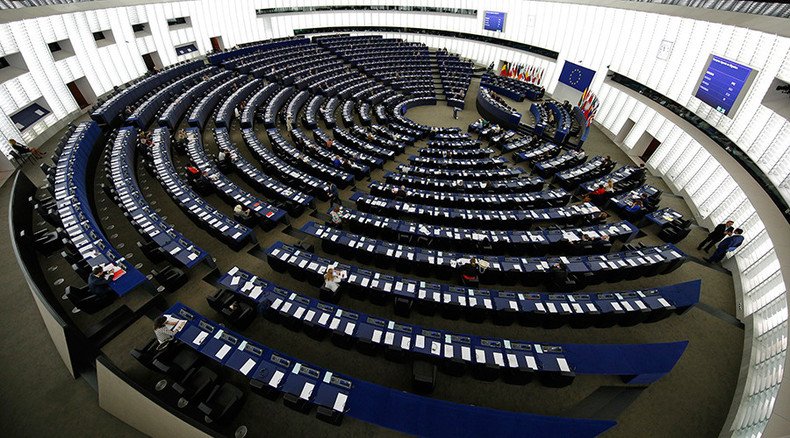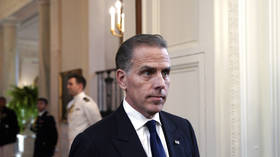EU Parliament rejects amendments protecting net neutrality

European Parliament has voted for a package of EU internet traffic regulations, rejecting all amendments on net neutrality. The move was slammed by activists and companies alike, who say it will allow some to have faster internet access than others.
Opponents also say the move will stifle growth, as not all network traffic will be treated equally. They believe the rules will create “fast lanes” for so-called “specialized services with quality requirements.” This would subsequently mean network owners would be able to offer zero rated services and offer net neutrality exceptions.
Fast lanes, slow lanes and a lot of roadside recovery. Net neutrality vote in Europe #netneutralityhttps://t.co/H5WoT4AH6w
— Pete Mac (@thepetemac) October 27, 2015Net neutrality is a principle which means all internet traffic should be treated equally – from big corporations to the average home user. Internet providers were against this because they in effect had to pay for huge companies to transfer web data.
Will your MEPs will be backing amendments to Single Telecom Market regulation today? #netneutrality#SaveTheInternetpic.twitter.com/Ze084uX2Ar
— Francis Clarke (@francisclarke) October 27, 2015“The internet’s open structure is what made it the successful driver of growth and innovation in the digital economy and digital culture that it is today. That providers will be allowed to discriminate against certain traffic not only creates a two-tier internet, it also removes incentives for carriers to extend their capacities,” said MEP Julia Reda, a shadow rapporteur for the Greens/EFA group.
Twitter joins Google, Facebook, Netflix, Mozilla, Etsy, Reddit, and Yelp on #NetNeutralityhttp://t.co/HsDxxxKL0Jpic.twitter.com/8fZQZUv0fE
— RT (@RT_com) February 24, 2015“The permission of ‘zero-rating’ means that certain services will be vastly privileged,” she added.
The founder of the worldwide web Sir Tim Berners-Lee was against the move. Speaking before the vote took place, he said: "If adopted as currently written, these rules will threaten innovation, free speech and privacy, and compromise Europe's ability to lead in the digital economy."
A number of tech companies signed a letter against the proposals, including Kickstater, Vimeo, BirTorrent and Netflix.
Obama urges FCC to reclassify internet amid net neutrality protests http://t.co/DtZp45Bgvspic.twitter.com/CfeOEi7bXs
— RT (@RT_com) November 11, 2014"These problems jeopardize the future of the startup innovation and economic growth in the EU. They also create barriers for US startups and businesses seeking to enter the EU market," the letter read. "We believe that the future of the open Internet in Europe is at stake and urgent action is warranted."













